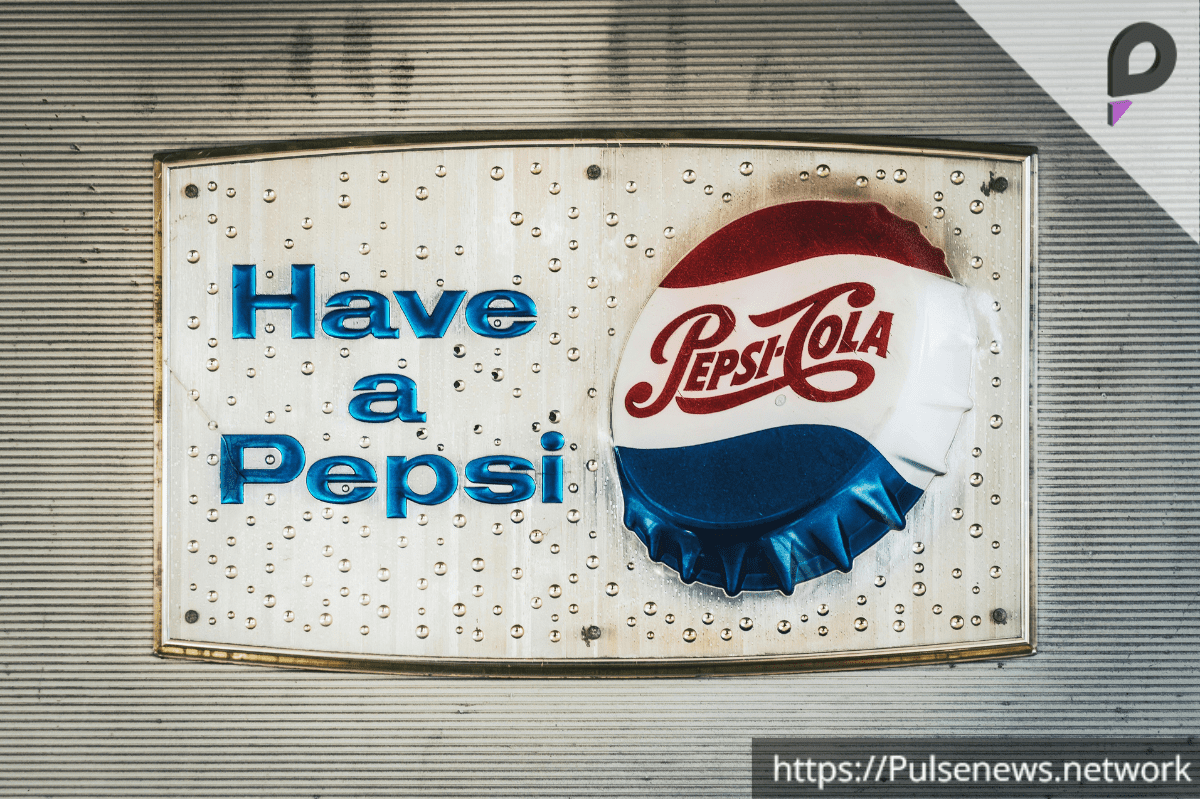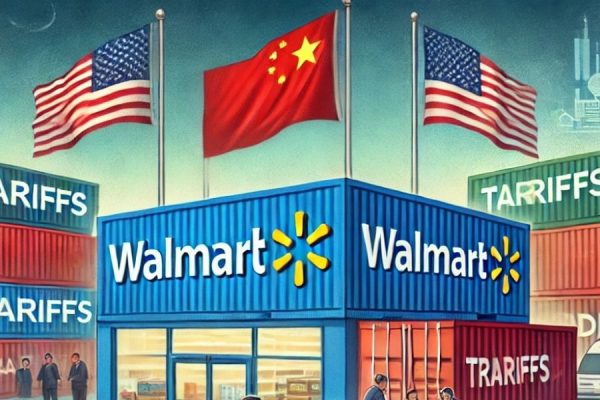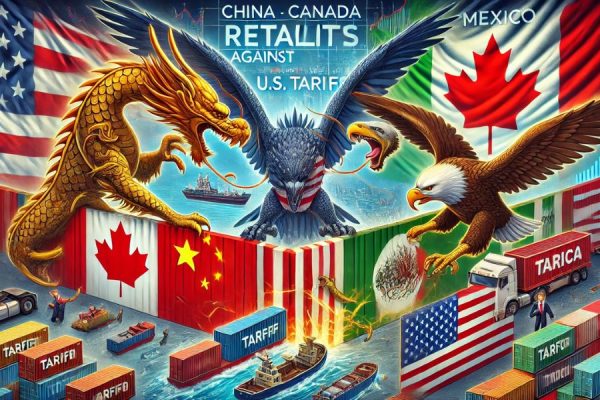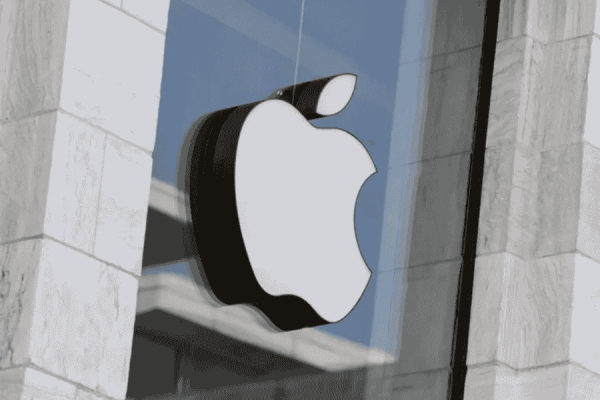The Federal Trade Commission (FTC) has filed a lawsuit against PepsiCo, accusing the company of engaging in illegal price discrimination that favored a large retailer. According to the FTC, PepsiCo provided unfair pricing advantages to this retailer, which reportedly disadvantaged smaller businesses such as family-owned grocers, local convenience stores, and even some larger chains. While the FTC’s statement did not name the retailer, a source told CNN that Walmart is the company in question. However, Walmart has not commented on the matter.
Allegations Against PepsiCo
The FTC claims that the big-box retailer “consistently” received promotional payments and advertising support from PepsiCo, which owns prominent brands like Frito-Lay, Quaker, and Gatorade. FTC Chair Lina Khan stated, “When firms like Pepsi give massive retailers a leg up, it tilts the playing field against small firms and ultimately inflates prices for American consumers.”
This lawsuit invokes the 1936 Robinson-Patman Act, a law designed to prevent price discrimination by prohibiting promotional allowances that favor large customers over smaller businesses. This act has seen limited enforcement since the late 1980s but has been cited as the legal foundation for the FTC’s case against PepsiCo.
The FTC’s Decision and PepsiCo’s Response
The FTC’s commissioners voted 3-2 in favor of pursuing the lawsuit, with the two dissenting votes coming from Republican commissioners. Commissioner Melissa Holyoak, in her dissenting statement, described the lawsuit as the “worst case” she has encountered during her tenure, arguing that it was rushed and lacked sufficient evidence.
PepsiCo has strongly denied the allegations, asserting that the company does not offer preferential treatment to specific customers. In a statement released on Friday, the company said, “PepsiCo strongly disputes the FTC’s allegations, and the partisan manner in which the suit was filed. We will vigorously present our case in court.” The company also referred to the lawsuit as an “unprecedented expansion” of the Robinson-Patman Act.
Broader Implications for Small Businesses and Consumers
The FTC’s lawsuit underscores its renewed focus on addressing anticompetitive practices, particularly under the Robinson-Patman Act. The commission argues that preferential treatment for large retailers harms small businesses and could lead to higher prices for consumers. The case highlights ongoing concerns about the balance of power in the retail and supply chain industries, where smaller businesses often struggle to compete with larger players that benefit from exclusive deals and incentives.
Looking Ahead
As the case unfolds in the U.S. District Court for the Southern District of New York, it could set a precedent for how the Robinson-Patman Act is enforced in the future. The outcome may also shape how companies like PepsiCo structure their promotional and advertising agreements with retailers.
For now, the FTC’s move marks a significant step in its efforts to hold large corporations accountable for practices that may harm smaller businesses and consumers alike.












